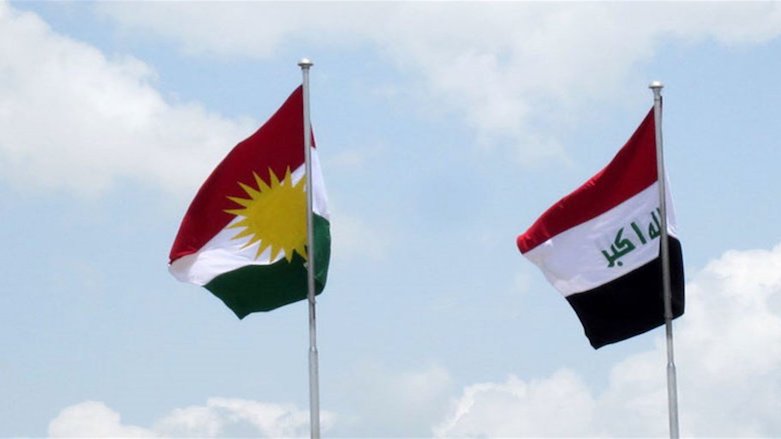Baghdad not fulfilling its duty toward Kurdistan Region: Kurdish lawmaker

ERBIL (Kurdistan 24) – The Federal Government of Iraq always pursues Baghdad’s rights over the Kurdistan Region’s oil, but overlooks its constitutional duty toward the autonomous region, a Kurdish lawmaker in Iraq said on Wednesday.
Mayada Najar, an Iraqi Parliament member from the Kurdistan Democratic Party (KDP), said Iraqi lawmakers from Sunni factions tend to ask Kurdistan to commit to the Iraqi Constitution regarding the transfer of Kurdish oil, but ignore Baghdad’s “lack of commitment in delivering Kurdistan’s constitutional rights.”
“Iraq did not abide by any legal responsibility toward the Kurdistan Region as they owe Kurdistan a lot of money when they cut its budget share for almost five years,” Najar told Kurdistan 24.
Baghdad has continuously neglected Article 140 of Iraq’s Constitution related to the status of disputed areas, has not recognized Kurdish as the second formal language in Iraq, has not provided Peshmerga their rights, and not allocated four years’ worth of payment to farmers in the Kurdistan Region.
Another shortcoming from Baghdad is the lack of security in disputed territories. Instead of implementing joint security between Peshmerga and Iraqi forces to address the security void, the Iraqi government blames the Kurdistan Regional Government (KRG) for failing to deliver oil to Baghdad.
“Misunderstandings between Erbil and Baghdad have taken things toward a bad turn,” Hasan Ali, another Kurdish lawmaker in Iraq from the Patriotic Union Party (PUK), told Kurdistan 24.
“The KRG has initiated many attempts for an agreement with Baghdad on the disputes among them; however, each different Iraqi administration has been less than shortcoming toward the Kurdistan Region,” Ali added.
Relations between Kurdistan and Iraq weakened after the federal government cut the region’s share of the national budget in 2014, and worsened in the aftermath of the KRG’s historic independence referendum in 2017.
Tensions have since decreased after the exchange of delegations from both sides following the autonomous Kurdish government’s continuous calls for dialogue to resolve all problems peacefully.
Editing by Karzan Sulaivany
(Additional reporting by Aram Bakhtiyar)
